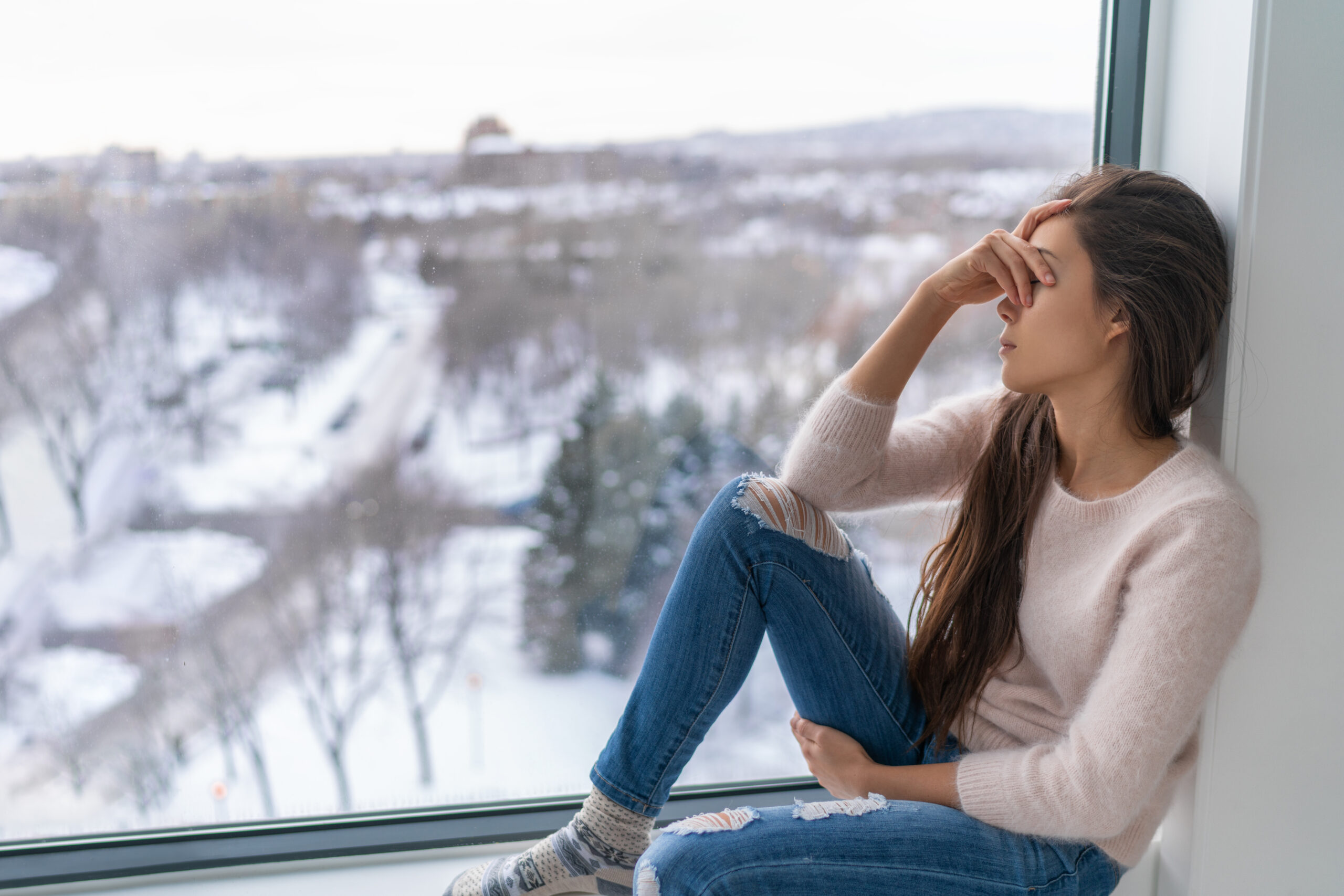On Sunday, November 5, Americans will turn back the clock as Daylight Savings comes to an end. Most people easily adjust to the change, even if they may grumble about it. But for an estimated 10 million Americans, the change of seasons will bring on Seasonal Affective Disorder (SAD), a type of depression that can be debilitating.
SAD symptoms begin and end about the same time every year with most people experiencing the onset in the fall. Except for its seasonal nature, SAD is generally no different from other types of depression. Symptoms include loss of energy, sadness, irritability, withdrawing from friends and family, sleep disruptions, changes in diet and thoughts of death or suicide. Women are four times more likely to be diagnosed with SAD than men and the disorder more frequently impacts people who are already prone to depression and those living with bipolar disorder.
Although the specific causes of SAD are unknown, the reduction of sunlight’s impact on our circadian rhythm, serotonin and melatonin levels are believed to be a major factor. It’s common to feel a bit down about the change of seasons, but if you can’t overcome feelings of sadness for days at a time and struggle with motivation, you should talk to your healthcare provider.
If you have SAD or are prone to feeling blue this time of year, take steps now to ease the transition and potentially head off serious problems. Some ideas include:
- Schedule regular activities outside of the home that you enjoy such as a weekly dinner or lunch date with friends, maybe even a weekend trip. Give yourself activities to look forward to with people you are accountable to.
- Vow to get outside for a daily walk, no matter the weather.
- Join a gym or sign up for dance or yoga classes that will get you moving.
- Create a list of fun projects — perhaps a language class, reading classic novels, woodworking or a craft.
- Most importantly, talk honestly with your doctor, friends and family and have a plan to get help if necessary.
One problem with our health system is people often think they aren’t “sick enough” to get support for mental health concerns. One of the best ways to help improve your well-being is to get help early. Here are some resources to share:
- TherapyDirect, is a new program from WellPower and perfect for people wondering if therapy is right for them. Get connected quickly to a therapist for a full 55-minute online session. TherapyDirect is a local resource for metro Denver residents, ages 18 and up and does not require insurance.
- Visit wellpower.org to access behavioral health services, including You at Your Best, a free and confidential space to find tips, tools and local resources to support your well-being.
- To talk to a mental health crisis counselor 24/7/365, call Colorado Crisis Services, 844-493-TALK (8255) or text TALK to 38255 or visit coloradocrisisservices.org for walk-in center locations.
If you find yourself having difficulty shaking the fall or winter blues, reach out for help. Caring clinicians are available to help you cope and improve your well-being, no matter what the season.


